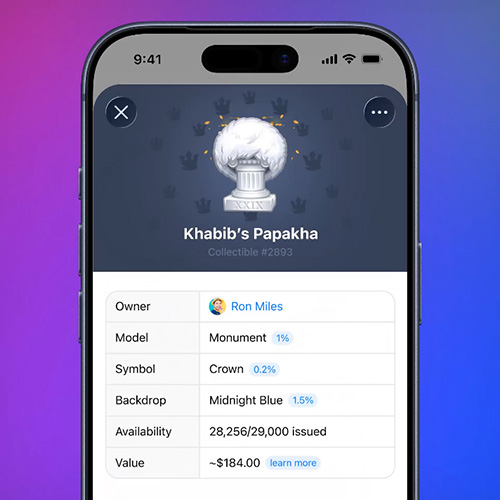
MMRC's decision to award telecom infrastructure deployment to a third-party IP-I vendor violates the Telecommunication Act, 2023, as IP-I providers can't install active infrastructure, undermining licensed TSPs who are legally authorized to deploy networks
The Cellular Operators Association of India (COAI), which represents leading telecom service providers like Bharti Airtel, Reliance Jio, and Vodafone Idea, has strongly condemned the Mumbai Metro Rail Corporation's (MMRC) illegal and anti-consumer approach to telecom infrastructure on Metro Line 3 (Colaba–Bandra–Aarey corridor).
The issue stems from MMRC’s decision to award telecom infrastructure deployment to a third-party IP-I vendor, disregarding existing regulations. Under current telecom laws, IP-I providers are prohibited from installing active infrastructure, making MMRC’s move a direct violation of the Telecommunication Act, 2023. This decision also undermines licensed Telecom Service Providers (TSPs), who are legally authorized and technically capable of independently deploying mobile networks. Such deployments are standard, even in key locations like the PWD tunnel at Pragati Maidan or Central Vista, where TSPs lay infrastructure at no cost to third parties.
The three TSPs had jointly proposed installing a shared In-Building Solution (IBS) network across the metro corridor at their own expense, ensuring uninterrupted connectivity for commuters without any financial burden on MMRC. However, MMRC arbitrarily rejected their request for Right of Way (RoW) permissions, citing the selection of a vendor through its internal tender process. This decision prioritizes commercial interests over public convenience and violates the Telecommunication Act, 2023, which ensures fair, non-discriminatory access to public infrastructure for licensed TSPs.
Key Concerns Raised by COAI and TSPs:
· The MMRC’s chosen model is in violation of the RoW provisions in the Telecommunication Act, which mandate access to public infrastructure (such as metro stations) for licensed operators.
· IP-I providers lack the legal authority to install active telecom infrastructure. Forcing TSPs to work through them is both illegal and exploitative.
· Contrary to some media reports, no member TSP of COAI has signed any agreement with MMRC’s vendor. Any claims suggesting otherwise are factually incorrect.
· MMRC’s insistence on a vendor-driven model amounts to an anti-competitive practice, leveraging its monopoly over metro premises to extract unjustified commercial returns.
· TSPs do not generate revenue from IBS infrastructure but are still willing to install it on their own cost, solely in the public interest.
· MMRC stands to benefit from enhanced mobile coverage at no cost, yet it chooses to obstruct the process for commercial gain.
COAI reiterates that TSPs are ready and willing to deploy a robust, secure and unified telecom network across all stations on Metro Line 3 — independently, and in full compliance with regulatory norms.
COAI urges MMRC to immediately reconsider its current stance and uphold the principles of fair access, consumer convenience and lawful telecom infrastructure deployment.
See What’s Next in Tech With the Fast Forward Newsletter
Tweets From @varindiamag
Nothing to see here - yet
When they Tweet, their Tweets will show up here.





























